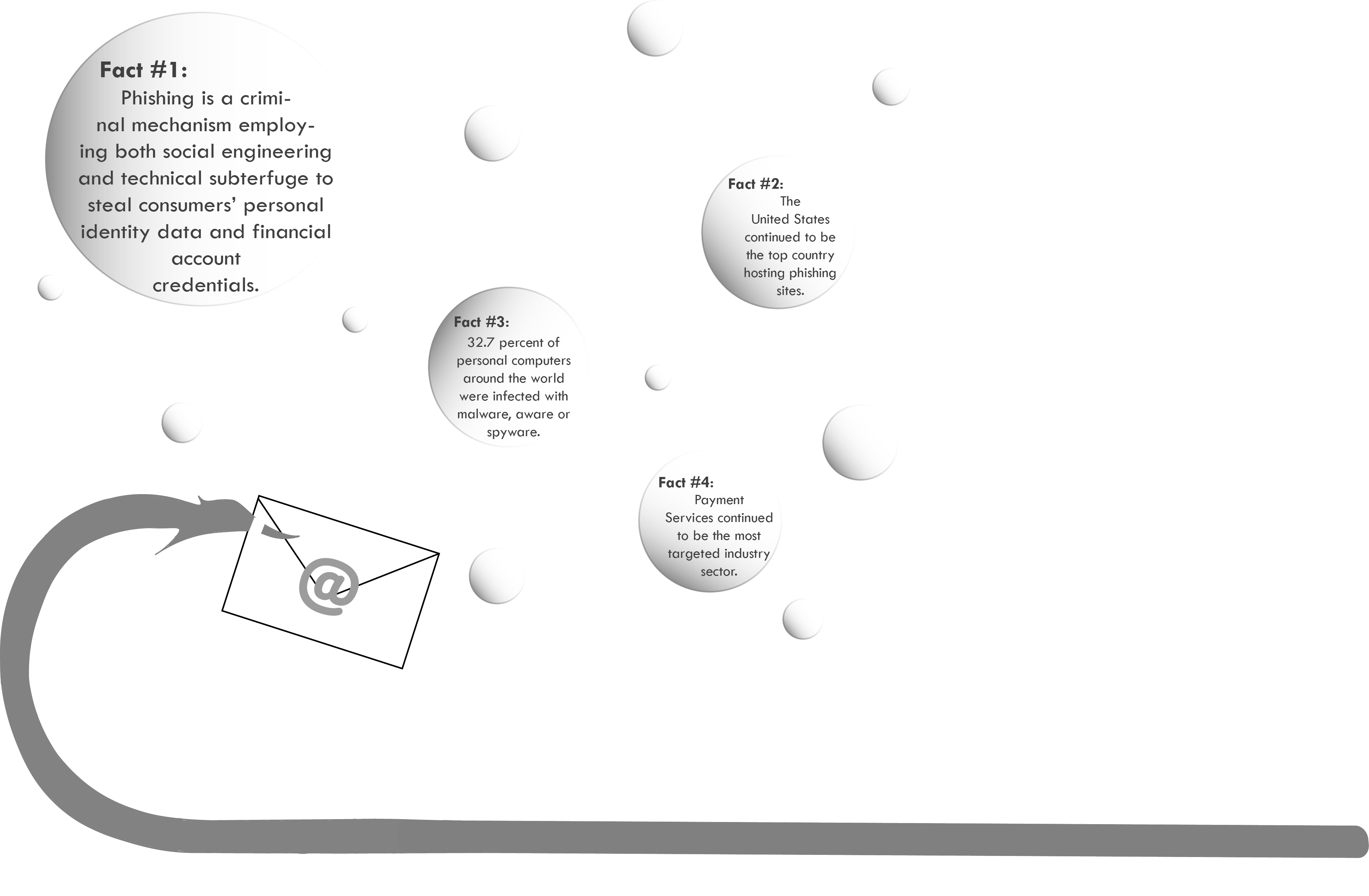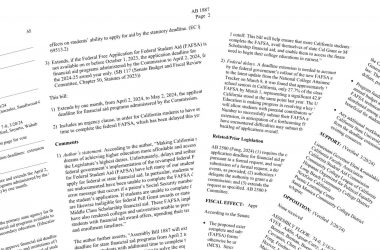Cyber criminals could be looking to storm The Beach with a brand new phishing scam.
Information Technology Services at California State University, Long Beach sent out a press release via email on Friday to students outlining what to expect the scam to look like.
“The scam attempts to recruit students for jobs with fictitious companies,” the CSULB press release stated. “The ‘job’ requires the student to provide a bank account number to receive a deposit, then transfer some funds to another bank account.”
According to a press release from the Internet Crime Complaint Center, the “jobs” offered by the scammers are work-from-home jobs that seem too good to be true. Erwin Sarceño, a senior computer engineering major, receives spam email at least once a month.
“I’m paranoid, I’m untrusting of that kind of stuff,” Sarceño said. “So, I won’t open [spam email].”
According to a phishing activity trends report published by the Anti-Phishing Working Group, the United States hosted more phishing websites than any other country during the second quarter of 2014. APWG also found 128,378 unique phishing websites during the same time period. The most targeted industry sector was payment services at 39.8 percent, followed by financial institutions at 20.2 percent and retail/service at 16.53 percent.
Participating in any scam is considered a crime by the FBI, according to the IC3 press release. Following through with any illegal transfer of money could result in the closure of the participant’s bank account due to fraudulent activity.
The IC3 press release states one consequence is the possibility of being arrested and prosecuted in federal court.
The responsibility of protecting students from attacks falls more on the shoulders of campus technical services and students, said Steve La, CSULB Director of Network, Telecommunications and Security.
“It’s time consuming to collect enough data/evidence to prosecute cyber criminals,” La said via email. “We spend most of our time to proactively protect students and faculty from Internet hackers. We’ve created security perimeters and intrusion detection/prevention systems to intercept and block any malware and traffics that may have harmed our users’ devices and compromise their data.”
CSULB’s press release also contains a link to an “easy-to-use” ITS website that offers tips on safe computing. The website provides advice on protection from a variety of cyber attacks and traps. The website also contains tips on protecting computer devices, such as patching and updating software, using strong passwords and changing them often, and implementing a lock screen and pass codes on smart phones.
Students can keep track of phishing reports, recent attacks and any incidents on campus in the past 14 days on the ITS homepage. CSULB’s press release stated that the school has yet to receive any reports of students or employees receiving the e-mail scam.




